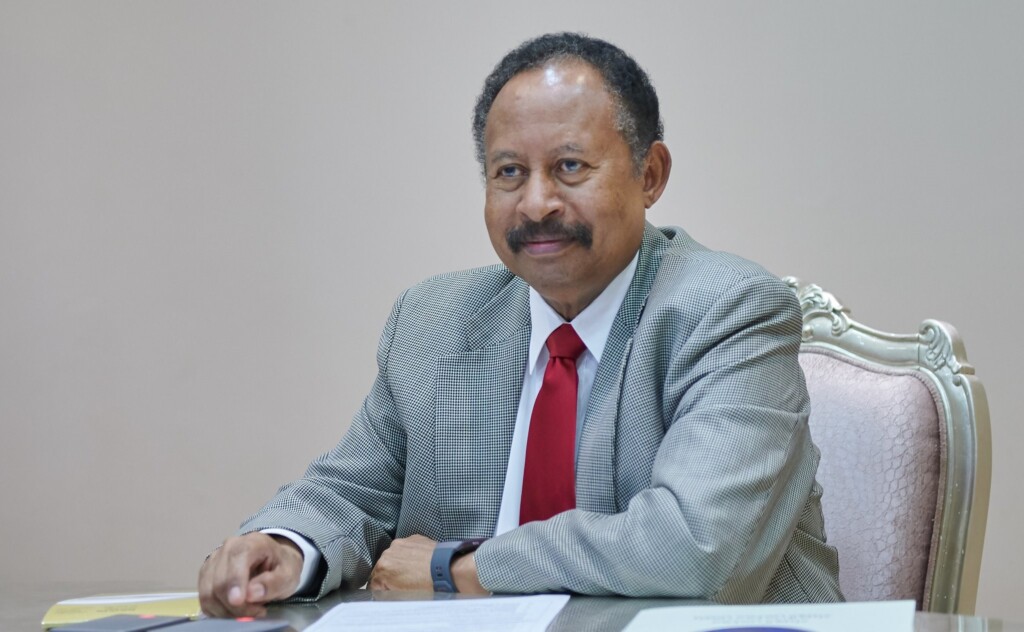Hamdok’s ‘Sumoud’ condemns AU endorsement of newly appointed Sudan PM

Former Prime Minister of Sudan, Abdalla Hamdok (File photo: SUNA)
Sudan’s recently launched Sumoud coalition, headed by former Prime Minister Abdalla Hamdok, has sharply criticised the African Union’s (AU) endorsement of Dr Kamil El Tayeb Idris as Sudan’s newly appointed civilian Prime Minister, calling it a dangerous move that legitimises Sudan’s ongoing conflict.
In a statement yesterday, the group condemned remarks made by AU Commission Chairperson Mahamoud Ali Youssouf, who welcomed Idris’s appointment and expressed optimism over recent gains by the Sudanese Armed Forces (SAF) during the Arab League summit in Iraq’s capital of Baghdad, on May 17.
Sumoud said such statements constitute a flagrant breach of African Union principles, which explicitly reject the legitimacy of any Sudanese government formed after the October 25, 2021 military coup.
The AU suspended Sudan’s membership shortly after the coup, citing its policies against unconstitutional changes of government.
“The African Union should be standing firm against any military attempts to usurp power, not giving them international cover,” the statement read.
The coalition warned that the AU’s tone effectively encourages the SAF to pursue a military solution to the war, emboldening its leadership to seek through violence what it failed to secure through a coup.
It also rejected the notion that Idris’s appointment signals a transition to civilian rule, branding it a “fallacy” and a distortion of Sudan’s fractured political reality.
The 2019 constitutional declaration, which underpinned Sudan’s short-lived civilian-led transition, was “torn apart” by the October coup, the coalition said, arguing that no side currently warring in Sudan holds the mandate to form a legitimate government.
“Granting legitimacy to any authority formed in part of Sudan will only prolong the war and pave the way for the country’s fragmentation,” Sumoud warned.
Sumoud
Sumoud, meaning resilience in Arabic, was formed on 11 February following a split within the Tagaddum alliance, previously led by Hamdok.
The new coalition includes key figures from the Forces for Freedom and Change Central Council (FFC-CC), a civilian bloc that helped topple long-time ruler Omar al-Bashir in 2019 and later shared power with the military during Sudan’s transitional period.
The breakaway came amid deep divisions over the idea of forming a government-in-exile. While Sumoud rejected this approach, a rival Tagaddum faction led by Sudan Revolutionary Front chairman El Hadi Idris embraced it.
The Sudan Revolutionary Front chairman’s faction convened in Nairobi earlier this year, signing a political charter to establish a parallel governing authority in RSF-held areas. The gathering included high-profile figures such as SPLM-N leader Abdelaziz El Hilu and RSF Deputy Commander Abdelrahim Dagalo.
The move has been met with widespread condemnation from both the de facto Sudanese government, as well as international stakeholders, who fear it risks deepening the country’s political fragmentation.











 and then
and then